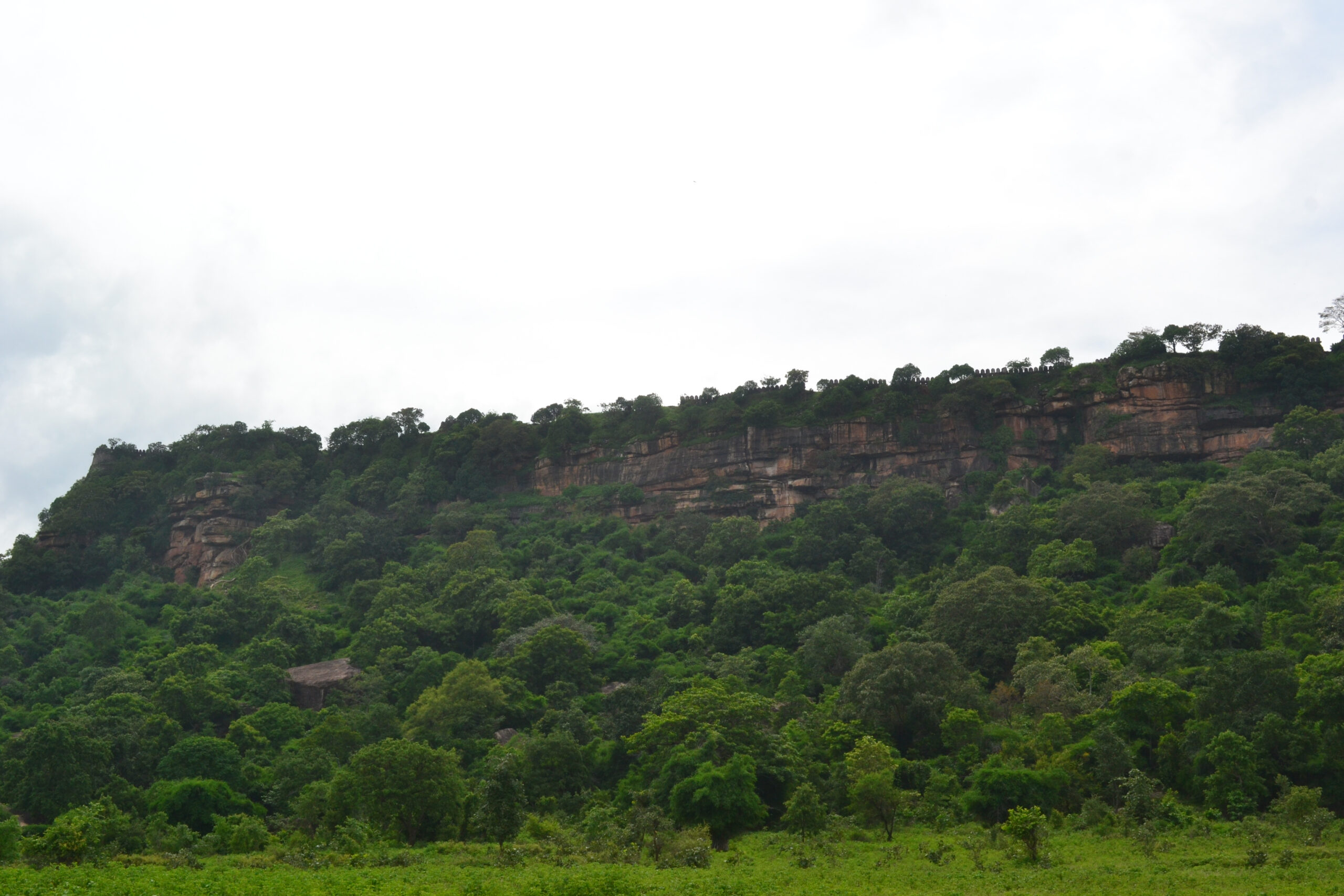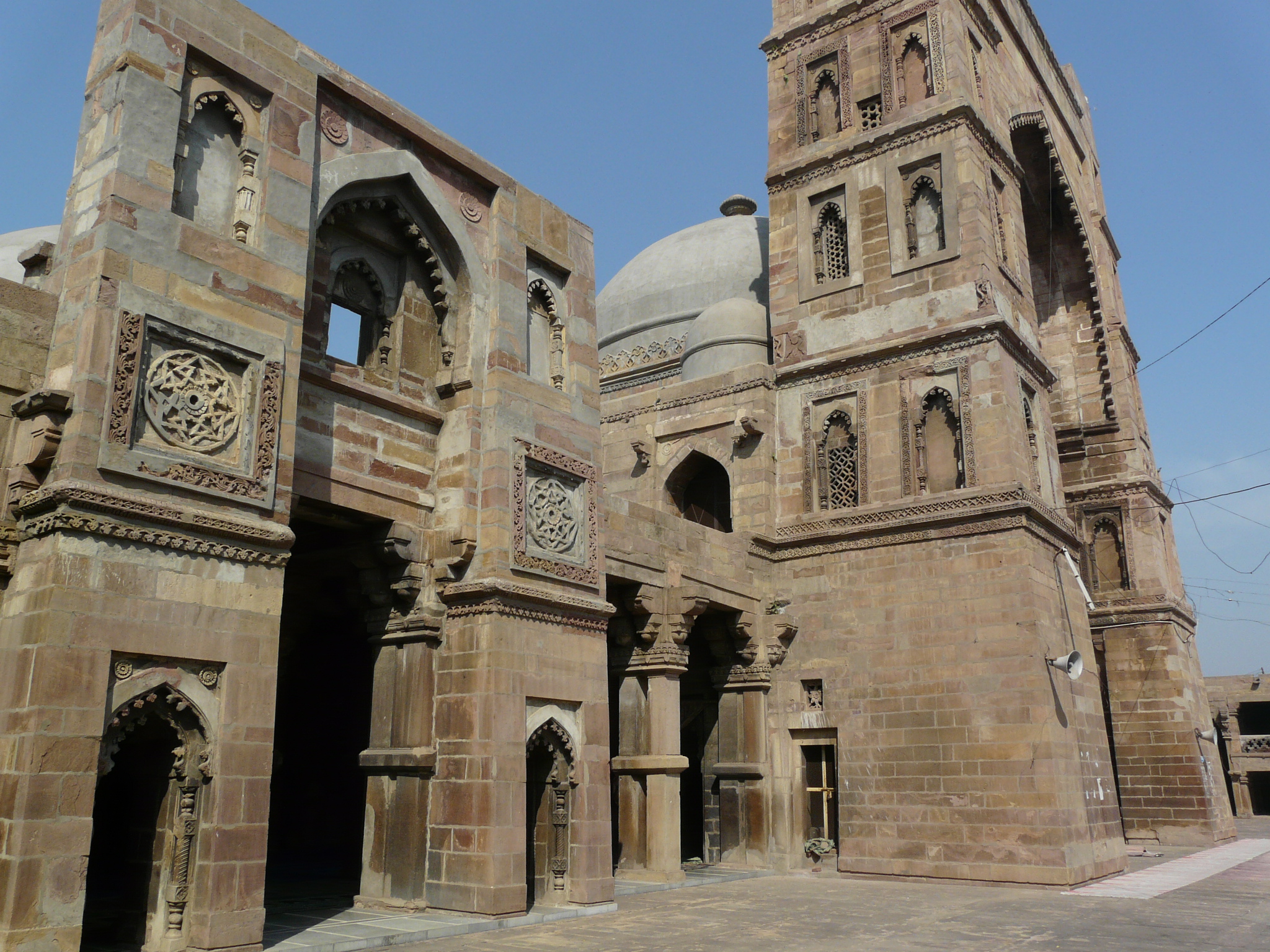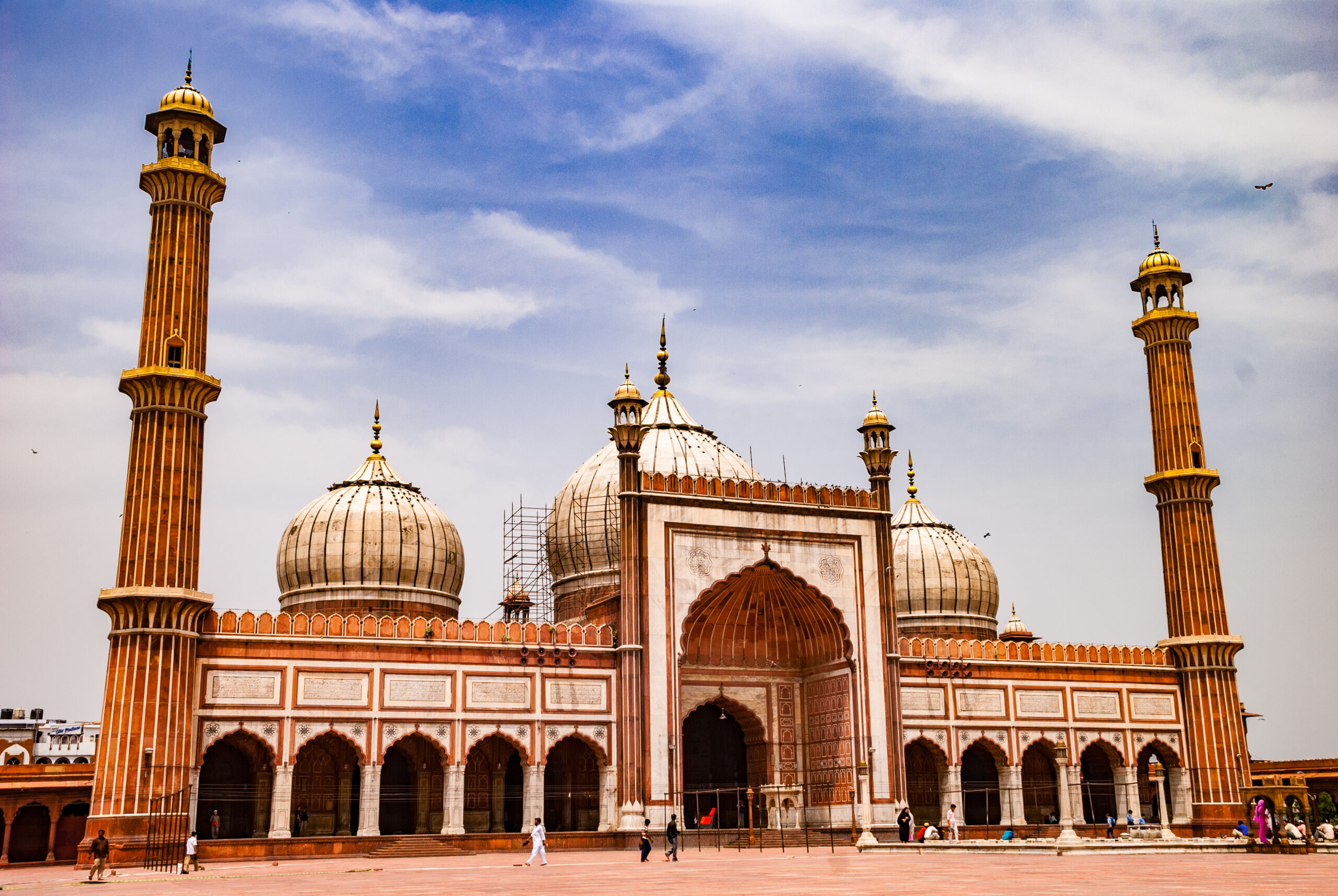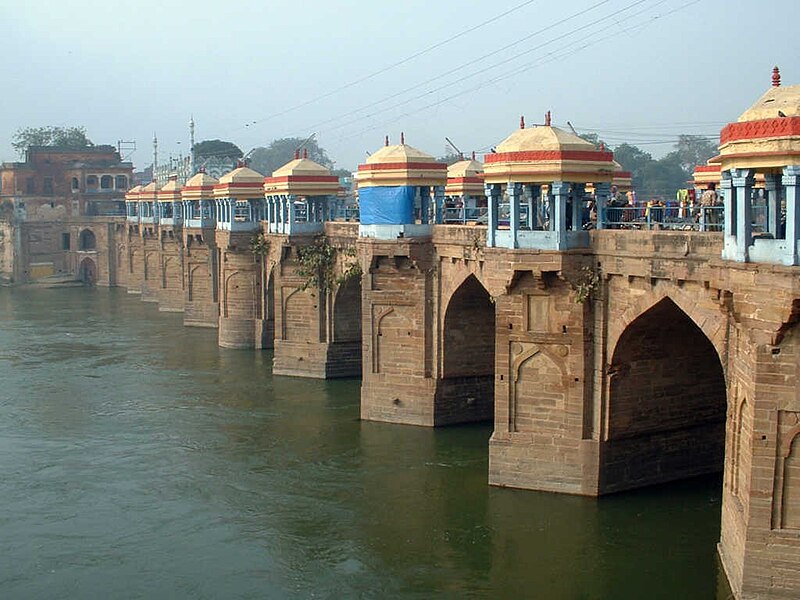Jaunpur, a city in the Indian state of Uttar Pradesh, is known for its rich historical and cultural heritage. Among its many treasures are its ancient temples, which stand as a testament to the city’s spiritual significance and architectural prowess. From elaborate stone carvings to serene surroundings, these temples offer visitors a glimpse into the region’s religious traditions and artistic splendor. Here, we delve into some of the best temples in Jaunpur, along with five frequently asked questions about these sacred sites.
Vijaygarh Fort Temple

Perched atop a hill overlooking the city, the Vijaygarh Fort Temple is a remarkable blend of fortification and religious architecture. Built during the reign of Ibrahim Shah Sharqi in the 15th century, this temple is dedicated to Goddess Kali. Its strategic location not only provides breathtaking views of Jaunpur but also adds to the aura of mystique surrounding the site. Visitors can admire the intricate carvings adorning the temple’s walls and immerse themselves in the tranquil atmosphere.
Lal Darwaza Mosque

Although primarily known as a mosque, the Lal Darwaza Mosque in Jaunpur is a marvel of Islamic architecture that warrants a visit for its historical significance. Constructed in the 15th century by Sultan Ahmad Shah I, this imposing structure features a grand entrance gate (lal darwaza) adorned with intricate designs. Inside, visitors can marvel at the intricate calligraphy and geometric patterns that adorn the walls and domes, reflecting the artistic achievements of the period.
Atala Masjid

Atala Masjid, another architectural gem from the Sharqi dynasty, is renowned for its unique blend of Hindu and Islamic architectural styles. Built by Sultan Ibrahim Shah Sharqi in the late 14th century, this mosque boasts intricately carved pillars, domes, and minarets that showcase the cultural syncretism of the era. The highlight of Atala Masjid is its mihrab (prayer niche), adorned with exquisite floral motifs and inscriptions from the Quran, making it a must-visit for history enthusiasts and architecture aficionados alike.
Jami Masjid

Built by Sultan Mahmud Sharqi in the 15th century, Jami Masjid is one of the largest and most imposing mosques in Jaunpur. Its grand facade, adorned with intricate geometric patterns and calligraphy, reflects the architectural grandeur of the Sharqi dynasty. Inside, visitors can explore the expansive prayer hall and marvel at the intricately carved pillars and arches. The serene courtyard of Jami Masjid provides a peaceful retreat where visitors can contemplate the rich history and cultural heritage of Jaunpur.
Shahi Bridge

While not a temple in the traditional sense, the Shahi Bridge holds immense historical and architectural significance in Jaunpur. Built during the reign of Sultan Hussain Shah in the 16th century, this bridge spans the Gomti River and serves as a vital link between different parts of the city. The Shahi Bridge is adorned with ornate arches and pavilions, providing a picturesque setting for leisurely strolls and panoramic views of the river.
Frequently Asked Questions:
- Are these temples open to visitors of all faiths? Yes, most of the temples in Jaunpur welcome visitors of all faiths. While some may have specific guidelines regarding dress code and behavior, visitors are generally allowed to explore and admire the architectural and cultural heritage of these sites.
- Are there any entry fees for visiting these temples? Entry fees may vary depending on the temple. Some temples may have nominal entry fees, while others may be free to enter. It’s advisable to inquire locally or check official websites for the latest information on entry fees and visiting hours.
- Are there any specific customs or rituals to be followed while visiting these temples? While visiting temples, it’s important to respect local customs and traditions. Visitors are expected to remove their shoes before entering the inner sanctum of the temple, dress modestly, and maintain silence and decorum within the premises.
- Are photography and videography allowed inside the temples? Photography and videography policies may vary from temple to temple. While some temples may allow photography and videography for personal use, others may have restrictions in certain areas or during specific rituals. It’s best to inquire locally or seek permission from temple authorities before capturing images or videos.
- Are there any festivals or special events celebrated at these temples? Many temples in Jaunpur celebrate festivals and special events throughout the year. These festivals often attract a large number of devotees and visitors who come to witness colorful processions, traditional rituals, and cultural performances. Some of the prominent festivals celebrated in Jaunpur include Navratri, Diwali, Eid, and Muharram.
